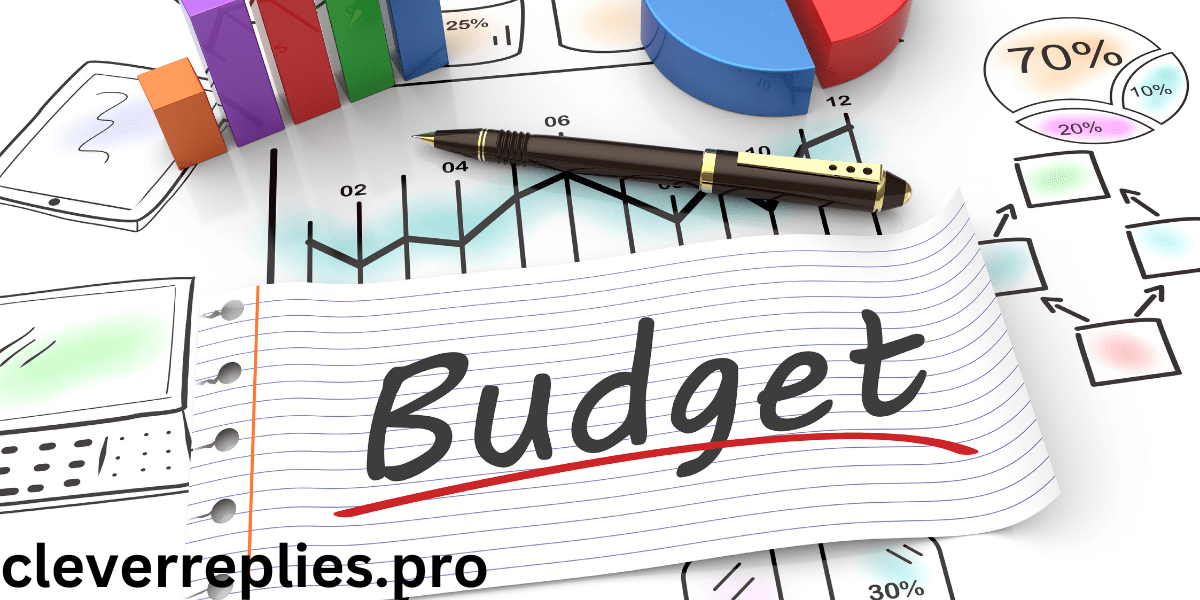7 Essential Tips for Smart Money Management in 2025
introduction
In 2025, it’s more important than ever to be smart with your money. Smart money habits can make all the difference in a world where economies change all the time and costs pop up out of nowhere. Whether you’re just starting out in your job or have been working for a while, knowing how to handle your money well will help you reach your goals.
This guide has useful information on how to handle money well, including budgeting ideas for people with different amounts of income and creative ways to keep track of spending and set financial goals. Find out how smart credit card use and good debt management can help you build a strong base for the future. Let’s look at these seven important strategies that will help you earn more money and get your finances under control today!

How Important It Is to Manage Your Money
Managing money is an important part of being financially stable. It’s not enough to just watch your spending; you need to take action to make sure your future is safe.
Managing your money well lets you use your resources wisely. This skill keeps you out of debt and gives you a sense of power over your money. You can make choices that help you reach your life goals when you know where your money is going.
Also, getting good at this art boosts your confidence. As you keep track of your spending and savings, you can see real progress. Your goals will seem less impossible and more doable as you reach them.
Being financially educated is important in today’s fast-paced world full of economic uncertainty. Learning how to handle money not only helps you grow as a person, but it also gets you ready for problems that come up out of the blue.
How to Make a Budget for People with Different Incomes
Budgeting isn’t something that works for everyone. Getting and staying financially stable requires different plans for people with different amounts of income. Every person will be need a earning advice.
For people with low wages, it’s important to prioritize spending on things they need. First, think about things you need, like a place to live, food, and a way to get around. Use tools in your area or government programs that can help you with your finances.
The 50/30/20 rule could help people with middle-class incomes: spend 50% of your budget on needs, 30% on wants, and 20% on savings or paying off debt. This method gives you options and helps you develop good saving habits.
People who make a lot of money often face special problems. They might need more advanced planning tools that take savings and taxes into account. Think about using apps that are made for people with a lot of money.
No matter how much money you have, going over your budget often will help you make the most of changes in your income or spending. No matter what level you’re at with your income, you need to be able to adapt.
Keeping track of spending and setting financial goals
Keep track of your spending is one of the most important parts of managing your money well. Every month, it shows you exactly where your money goes. Just use apps or easy spreadsheets to keep track of everything you buy, no matter how small.
Setting financial goals helps you understand why you spend the money you do have. Start with short-term goals, like saving money for a trip or paying off a bill. The next step is to think about long-term goals, like getting a house or setting up an emergency fund.
Seeing these goals in your mind can really motivate you. You could use charts or other visual aids to keep track of your progress over time. This not only holds you responsible, but it also makes you feel like you can reach your goals.
Don’t forget that being flexible is very important in this process. Things will go wrong in your life and costs will come up out of the blue, so make changes to your budget as needed and keep your eye on your financial goals.

Putting money away for retirement and savings accounts
It’s important to put money into your future, especially if you want to retire. First, look into the different savings accounts that are available that fit your needs. Different types of savings accounts may have different interest rates.
You might want to open a savings account like an IRA or 401(k). These choices not only save you money, but they also give you tax breaks that can help you make more money over time.
Regular donations are important, even if the amount seems small at first. It’s important to be consistent because the interest works in your favor and adds up quickly.
If a workplace matching program is available, don’t pass it up. This free money can make a big difference in your retirement savings and help them grow faster without you having to do anything extra.
Every so often, look over your investments and make changes based on your life or your financial goals. Being prepared will help you make smart choices that will protect your financial future.
How to Effectively Handle Debt
Managing debt well is important for your financial health. To begin, you should know what kinds of loans you have. Based on what you’ve learned, you can plan how to return your debt.
You might want to pay off your high-interest bills first. In the long run, paying these off will save you money and stress.
Set up a way to pay back the loan that works with your budget. Set aside a certain amount of money every month to pay off your bills. Make sure it’s an amount that you can afford based on your income.
If you want to escape late fees and missed deadlines, make payments automatically as much as possible. Being consistent helps you form good habits and keeps debtors away.
If they make sense for your case, look into options like balance transfers or consolidation loans. You should read the small print before signing anything new, though.
Don’t be afraid to get professional help if you need it—sometimes seeing things from a different point of view can help you manage your money better.
How to Get the Most Out of Credit Cards
When you use credit cards correctly, they can be very useful. They make things easier for you, and many of them offer rewards or cashback for purchases. To get the most out of these benefits, you should first choose a card that fits your spending habits. For example, if you travel a lot, an airline mile card might be best for you, while for everyday purchases, look for one with good cashback options.
Always pay off your balance in full every month to avoid interest charges. This habit not only saves you money but also helps your credit score over time. Be aware of annual fees and read the fine print that comes with each card’s perks. Some rewards programs may have limits. Use alerts or apps to keep track of due dates and spending limits. This way, you can enjoy the benefits of credit cards without getting into debt.
Making plans for emergencies and costs you didn’t expect
Everything in life can surprise you, and not all of them are good. Costs you didn’t plan for can come up at any time, like when you need urgent home repairs or medical issues. It is very important to plan for these cash shocks.
Start by setting up a fund for emergencies. Try to save enough money to cover your living costs for three to six months. If something goes wrong in life, this safety net will help you handle it.
Also, think about getting money from more than one source. Getting side jobs or freelance work can help your funds and give you extra money when times are tough.
Also, look over your insurance plans once a year. Make sure they cover the risks that are unique to your case, whether they are health-related or related to damage to your property.
Keep track of costs that you have to pay every month, even if they change. This will help you understand what’s going on when you get unexpected bills. When life throws you curveballs, being proactive can make all the difference.There are multiple businesses in world but each business need a earning advice.
Conclusion:
In 2025, getting your finances under control is not just a goal; it’s a must. Remember that every little thing you do counts as you try to figure out how to handle your money in this day and age. By making a budget that works for you based on your income, keeping careful records of your spending, and setting clear financial goals, you can improve your financial health.
You can protect your future by making smart investments for retirement and smart use of savings accounts. Taking care of debt well lowers stress and increases growth possibilities. Credit card use that is smart can pay off in big ways if done with care.
You can handle life’s unknowns without going over budget if you plan ahead for unexpected costs. Use these tips as a starting point for smart money management this year and beyond. The goal is to form habits now that will help you in the long run. Your future finances rest on the decisions you make now, so be sure to take charge!







